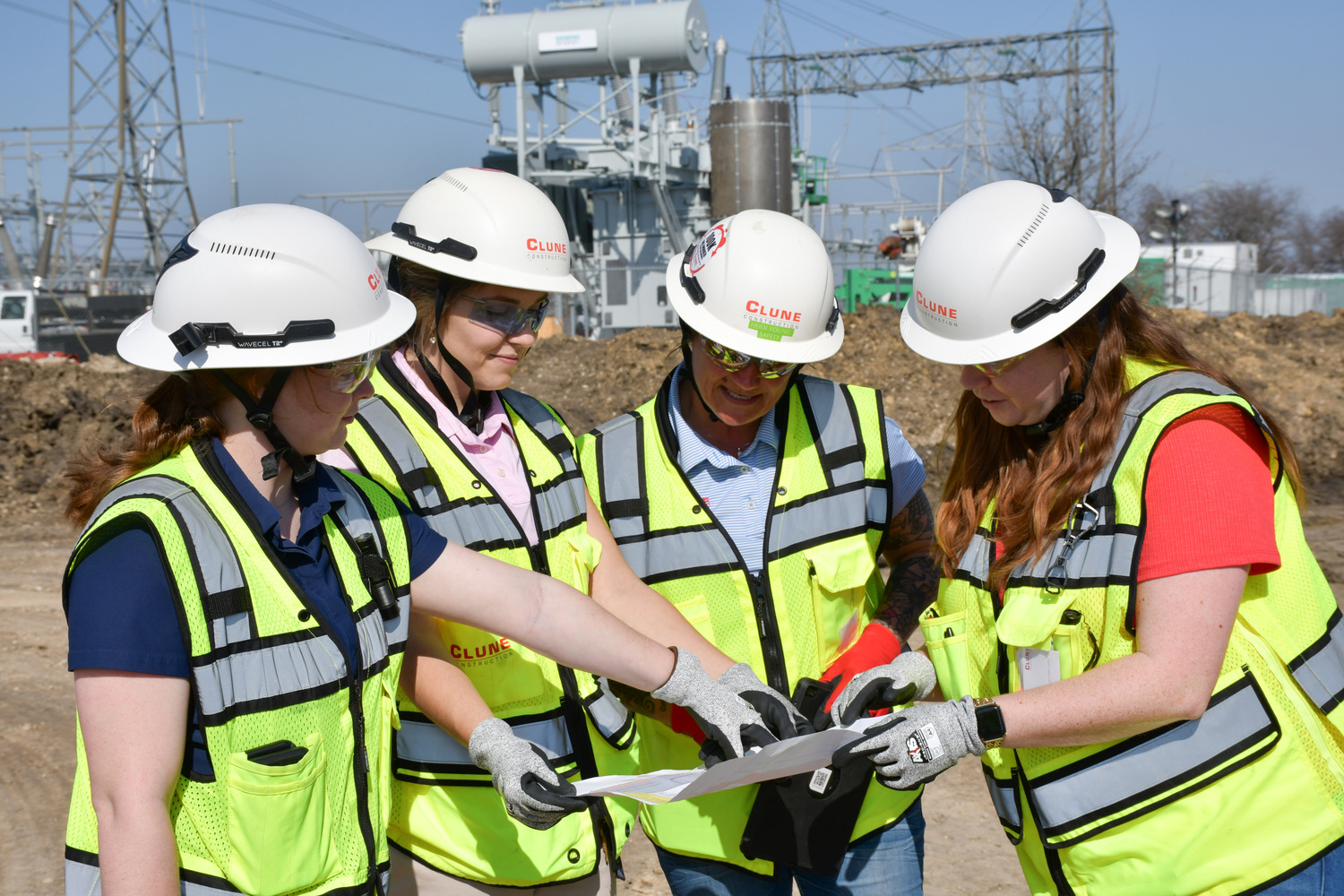


13 September 2022


By: Sean Lobes, Senior Project Manager – Dallas
Dan MacNamara, Senior Project Manager – Chicago
Chris Perry, Senior Superintendent – Los Angeles
Sam Singh, Senior Superintendent – New York
Even in trying economic times, going with the lowest price is not always the best option. Think of buying a new car – an inexpensive one may seem like the smartest choice at first – until you end up spending more money on repairs in the long-run. The same principles can apply to subcontractor selection on a construction project. Choosing the right subcontractors for the job is one of the keys to ensuring a successful project and high-quality space. It is important for general contractors to consider all factors during this process. Clune makes it a standard practice to determine what is most important to the client, whether it be schedule, budget, or finishes. Using this information, the project teams will select a pool of pre-qualified subcontractors to source accurate pricing.
Through more than 25 years of operation, Clune has considered our trade partners as our most important allies. The relationships our staff continue to grow with subcontractors help Clune source the best quality of work, at the best price. Using lessons learned, historical knowledge, and market research, Clune teams make award recommendations for each trade. Sometimes teams do not recommend the subcontractor bidding the lowest price, but there is always a reason why. Factoring in quality, experience, size, and safety record into the equation can illustrate the best value. Just like a car, sometimes the more expensive price tag upfront ends up being more cost effective in the end.
In subcontractor selection, the first thing that should be considered is how the project is bid to general contractors. Guaranteed maximum price (GMP) bids are typically a more straightforward selection process. Once the general contractor is brought on board, it is up to them to source a pool of qualified subcontractors. The selection process includes detailed scope reviews and bid-leveling between the 3-5 trades bidding the project. At the end of this process, Clune presents its recommendation to the client.
It is a different situation for lump sum bids. As soon as an RFP is received, it is sent out to a much bigger pool of subcontractors. The general contractor is looking to a large pool of subcontractors in the market to price the job. The bottom line of the bid plays a huge role in contactor selection, so everyone is looking for the best price.
Clune has longstanding partnerships with many subcontractors in all our markets. In these situations, both parties know what to expect from each other on a job. This saves time, money, and provides immense value to the client. With these types of relationships there are no shortcuts. The team looks out for each other’s best interests, which is ultimately delivering a successful project to the client.
These relationships can also come in handy when a subcontractor is working with Clune on multiple projects in one building. When this occurs, our teams collaborate to share lessons learned and maximize resources to the fullest extent. At the end of the day, the main focus is completing a project that will make the client happy. Many things factor into that such as costs, safety, and maintaining a schedule. If we have prior experience working with a subcontractor, all parties are familiar with how the other operates. There is an intangible value in the ability to rely on one another. Certain subcontractors know certain buildings very well and will be able to factor in costs that cannot be shown on drawings. They are able to capture these potential issues prior to building anything, which prevents large change orders from happening mid-project.
It is recognized that at times, there are strict budgets to be adhered to. Sometimes this means not choosing a preferred subcontractor. When a project is awarded to a subcontractor we haven’t yet worked with, Clune takes the initiative to establish an open dialogue from the very beginning. The team schedules a meeting with the subcontractor to give them every detail of the project. It is important that we have this initial conversation to become familiar with each other, and to lay out our expectations. It is hard to deliver a successful project without everyone on the same page, so these meetings are essential.
Clune recognizes that there are many talented subcontractors in each of our regions that we have not had the opportunity to work with. We are always excited to work with new partners. While we give everyone a fair shot, our pre-qualification process is very selective. Finishing the process in itself shows grit and determination. Once approved, Clune recommends that new subcontractors start by bidding on the smaller jobs to establish their company and building relationships within Clune. In this business, trust and reputation is everything. Once subcontractors put themselves out there, and have some successful wins, recommendations and word of mouth will help.
Regardless of which subcontractor is chosen, general contractors will always listen to the client and work with the teams they prefer. Delivering a successful project in a safe, efficient, and timely manner is the ultimate end goal for all parties. Clune is always looking to prequalify new subcontractors and to continue building on new relationships. To learn more about our prequalification process, visit our page here.